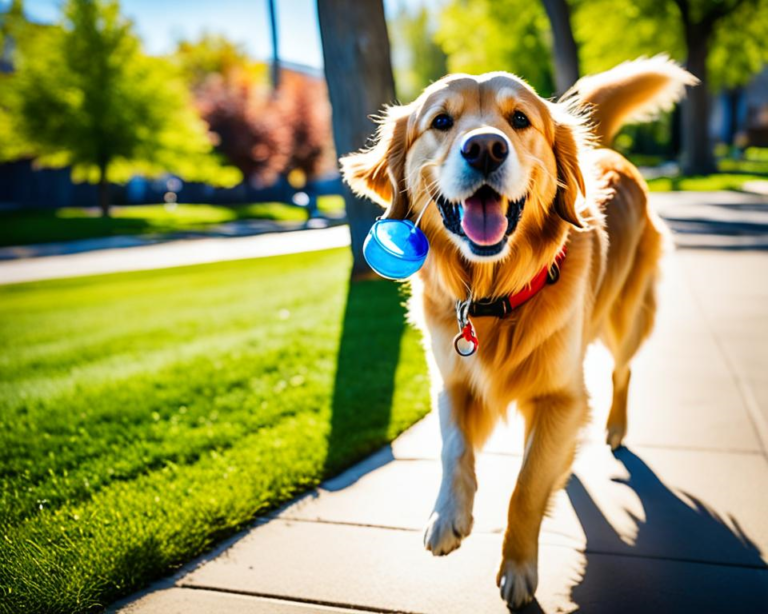Q1: Can dogs eat sunflower seeds?
A: Yes, dogs can eat sunflower seeds in moderation.
Q2: Are sunflower seeds safe for dogs? A: Sunflower seeds are generally safe for dogs when served without the shell and in small quantities. However, there are exceptions to this rule, which we will discuss further. One exception is if the dog has an allergy to sunflower seeds or other seeds. In that case, feeding sunflower seeds can cause an allergic reaction and should be avoided. Additionally, some dogs may have difficulty digesting sunflower seeds, leading to digestive issues such as upset stomach or diarrhea. It is also important to note that sunflower seeds are high in fat, which can lead to weight gain or pancreatitis in dogs if consumed in large quantities. Therefore, it is important to feed sunflower seeds to dogs in moderation and monitor their reaction. As always, consulting with a veterinarian before introducing any new food into your dog’s diet is recommended to ensure it is safe for your specific furry friend.
Q3: What precautions should be taken before feeding sunflower seeds to dogs?
A: It is crucial to remove the shell before giving sunflower seeds to your dog. Dogs cannot properly digest the shell and may experience digestive issues or blockages if consumed. Additionally, always start with a small amount and monitor your dog’s reaction before providing more.
Q4: Are sunflower seeds toxic to dogs?
A: No, sunflower seeds are not toxic to dogs when consumed in moderation and without the shell. However, some dogs may have individual sensitivities or allergies, so it’s essential to observe any adverse reactions.
Q5: Can dogs benefit from eating sunflower seeds?
A: Yes, sunflower seeds offer several potential health benefits for dogs. They are a good source of healthy fats, protein, vitamin E, and minerals like magnesium and phosphorus. These nutrients support skin and coat health, immune function, and can provide anti-inflammatory benefits.
Q6: How many sunflower seeds can dogs eat?
A: The number of sunflower seeds your dog can safely consume depends on their size and overall health. As a general guideline, small dogs can have around 1-2 seeds per day, while larger dogs can consume up to 5-6 seeds.
Q7: Can sunflower seeds cause allergies in dogs?
A: While rare, some dogs may have an allergic reaction to sunflower seeds. If you notice signs of itching, vomiting, diarrhea, or any other abnormal behavior after introducing sunflower seeds, discontinue feeding them and consult your veterinarian.
Q8: Can sunflower seeds be a choking hazard for dogs?
A: Sunflower seeds, especially with their shells, can pose a choking hazard. Therefore, it is important to remove the shell completely before offering them to your dog. Always supervise your dog while they eat to prevent any potential choking incidents.
Q9: Are there any risks associated with dogs eating sunflower seeds?
A: Excessive consumption of sunflower seeds can lead to weight gain in dogs due to their high-fat content. Moreover, if your dog has a sensitive stomach or pancreatitis, it is advisable to avoid sunflower seeds altogether. Consulting your vet is always recommended, especially if your dog has any underlying health conditions.
Q10: Should sunflower seed oil be used in dog food?
A: Sunflower seed oil is safe for dogs in moderation, and many commercial dog foods do include it in their formulations. However, it is essential to check the ingredients and consult your veterinarian to ensure the specific dog food suits your pet’s individual needs.
In conclusion, sunflower seeds can be a safe and healthy treat for dogs when served without the shell and in moderation. They offer various nutrients that can benefit your furry friend’s overall health. However, it is crucial to be aware of potential allergies, choking hazards, and any pre-existing conditions your dog may have. Always consult your veterinarian before introducing new foods to your dog’s diet, including sunflower seeds.








